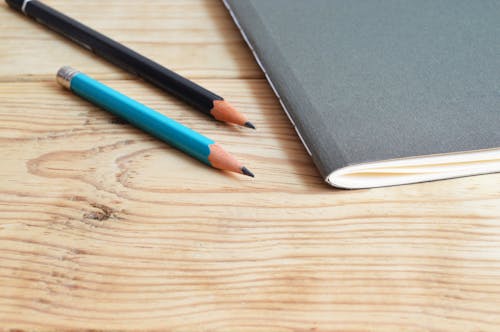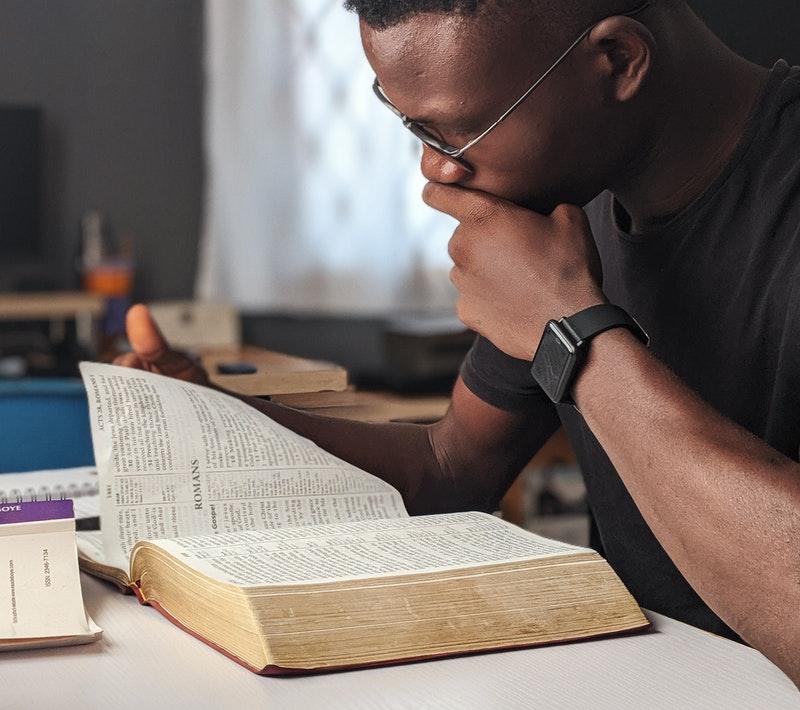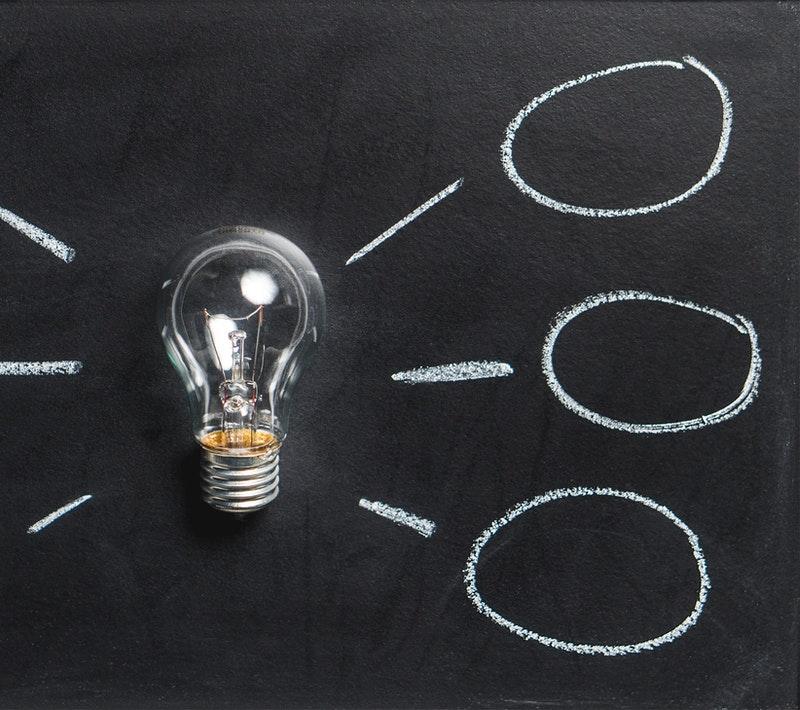How to Learn Something Faster: 13 Tips On Learning Things Faster Than Others

There will come a time in our lives when we’ll have to learn something (a foreign language, school lessons, or even memorize a speech) very fast. This time constraint might make it seem unachievable but the good news is that with the right techniques, it is VERY achievable.
Whether you’re studying for tests, picking up a musical instrument, or learning a new language, everyone wants to learn faster than others. The good news is, there are practical tips to speed up the learning process and give you an edge. In this article, we’ll explore 13 simple and effective tips on how to learn something faster. These tips will help you absorb knowledge more efficiently, whether you’re a student aiming for top grades or a professional seeking to improve continuously. Let’s dive in and discover the secrets to faster learning success!
How to Learn Something Faster

1. Pay Attention
If you really want to learn and understand a certain concept, you have to pay attention to it. If you do not, the information will remain on the surface of your brain without reaching the parts of your brain that handle understanding and retention of information. Paying attention might seem like such a big feat but it really isn’t that hard. While learning, make sure you avoid television or Youtube videos (except that is where you are actually learning from). Disconnect yourself from your phone, so you do not get distracted by calls, emails, or texts. You do not have to do this over a long period of time. You could take 10-minute intervals between your study sessions to actually check if anything important came in (and make sure you stick to the time!). By giving it full attention, assimilation and proper understanding is possible.
2. Pick Up The Necessary Information
If you are going to learn something quickly, chances are you’ll get swamped with a lot of details concerning that particular knowledge. So that you do not get carried away over-studying, try sifting out the necessary information before you begin. Setting your priorities will help you learn faster and precious time will not be wasted.
3. Talk to Someone Else About It
Talking to someone else about the information you’re trying to learn goes a long way in helping you understand it. One way to signal important information to the brain is to talk about it and to play the teacher yourself. It can also consist of asking questions about the subject to deepen it. Since you’re teaching it to someone else, your brain is forced to find more effective patterns and ways to navigate whatever might have confused you from the very onset. In this case, your brain is more responsive and active, and not necessarily tense because of a test/evaluation.
4. FlashCards
We are all familiar with what flashcards are. They are cards whose front and back indicate two related information, often the question and the answer. For example, the front of the flashcard could read, ‘What is the opposite of good?’ while the back would read, ‘Bad.’ You can actually make flashcards yourself using the important points of whatever you want to learn. In fact, making it yourself in order to self-test reinforces the learning process.
5. Create Mental Images and Stories
Associating a word or a sentence with an image makes it easier to remember. The ideal is even to invent a story from a list of words to memorize. This works best with children but adults can also do this to remember things quickly. In learning a particular piece of history, you can make it more enjoyable by turning it into a story in your head while connecting all the dots.
6. Make Illustrations
While you’re making mental images and stories, you can also go further to find out if you can reproduce them in the physical. You can illustrate whatever it is you are trying to learn with concrete examples, pictograms, or even diagrams. Information that is understood is more easily memorized since it can be explained in its own words. But to understand information, you have to be able to illustrate it, whether with example sentences, pictograms, or diagrams. Get a note (whether physical or digital) and make those illustrations yourself.
7. Create a Mind Map
This is also closely related to making illustrations, but there is a difference. With mind mapping, you create a visual organization of the idea you are trying to learn. Transforming a lesson into a mind map is an effective means of proofreading because it requires selecting the important information, thinking about the arrangement of the branches of the mind map, turning the information into keywords, and so on. It is one technique that allows you to organize information your own way.
To build a mind map, get a sheet of paper. Draw your main idea in the center. From this center, branch out to the main themes that develop around your central idea. Instead of using straight lines, you could use curves (or draw them like real branches). Also, use a lot of colors. A different color for a different branch. Continue to spread out new branches to develop your main themes, and there you have it.

8. Water Your Brains
Technically, what is the most effective way of watering our garden? In short, spaced sessions. You don’t want to overdo it, else you might harm your plants. The same thing goes with learning. It is better to favor short and spaced sessions than long intensive sessions. The energy of the brain is so mobilized to stay focused that there is not enough energy left for the memorization process. So, take it step-by-step. Although you’re trying to learn it quickly, trying to take it all in at once will have more adverse effects than you might realize. When you realize that nothing is going in anymore, you can also take a walk.
9. Create Your Contextual Clues
Learn to associate the words you want to memorize with noises, places, or movements. Contextual clues can help memorization. In this way, you are not only learning with your mind but also your body.
10. Test Yourself
Just as soon as you realize you’re beginning to assimilate a few things, try testing yourself. Try asking yourself questions or you can make someone else ask you these questions to see if you really understand what you’re learning. These are some of the questions you can ask.
Question 1: What am I Learning?
This first question is supposed to help you define the knowledge. In answering this question, identify the terms used, the tools, the names of those involved, and so on.
Question 2: What am I Learning for?
At this point, you should be able to identify what that particular thing is used for.
Question3: How Will I Use What I’m Going To Learn?
You should be able to identify how this particular knowledge can be used in a real-life situation.
Question 4: Learning With What/Who?
This knowledge is necessarily linked with other knowledge. See if you can identify what these links are. Links can help you understand contexts and the roots of what you are learning.
Question 5: Why Am I Learning This?
At this point, ask yourself why this particular knowledge was created. Ask yourself what the origin of the knowledge is and what its end purpose is.
Giving a correct answer to any of these questions will show that you actually understood what you learned and it will become hard to forget.
11. Write What You Remember With Your Hands
Everyone would agree that taking notes with a laptop is way faster than using a pen and paper. But studies have shown that taking down notes by hand guarantees retention of that information. We remember better what we write, observed American researchers during a study carried out on students and published in 2014. Certain neuroscientists have also proven that writing by hand mobilizes more brain areas associated with retention and understanding. By taking down your own notes by hand, you are able to understand and in turn, reframe what you have learned into your own words.
12. Switch Your Routines
If you have a special way of learning before, you might need to switch it up if you want to learn quicker. Doing the same thing the same way over and over again has a way of lulling your brain to inactivity. Try to make the learning process fun and exciting by changing a few things in your routines. For example, if you always read at your study table, try something different by reading at the park. This new routine might not be as effective as your former routine but the point here is that your brain is more active and expectant, pushing every feeling of monotony to the side.
13. Sleep
It doesn’t matter how quick you need to learn this information, you must never ignore the role of sleep. It is common knowledge that the brain processes and structures information overnight. Neuroscientists also emphasize the role played by sleep in this phase of repetition and consolidation. They claim that after a learning period, even a short sleep improves memory.
Improved sleep is a very effective tool in solving most learning problems. So, it is important to sleep. Sometimes, if you feel like the time constraints will not allow you to have a good sleep, you could opt for a power nap. This would go a long way in energizing you and improving your ability to retain information.

These are a few of the techniques that would help you learn something faster. With these tips, learning new information will become a simple walk in the park. Do you have any special tips you would love to share with us? If you do, please drop it in the comment section. Thank you!
All pictures are gotten from Pexels and no attribution is required.
She's an African, Afro-American breed. She's way too radical in her writing style. She adds in a little childish nature to the mix, representing all you want to be but can't.

